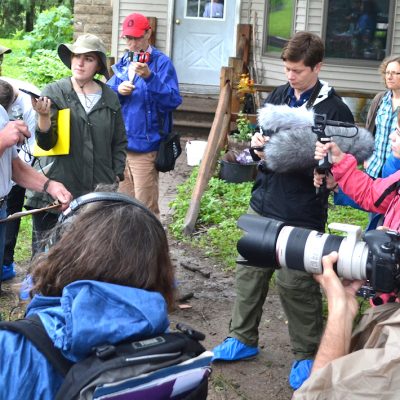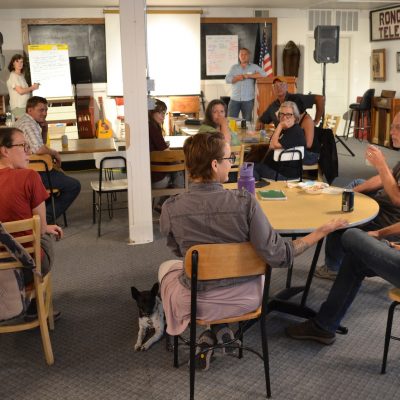Pacing Ourselves in the World Hunger Race
In the late 1790s and early 1800s, British economist Thomas Robert Malthus used mathematics, the agronomic reality of the day and basic biology to lay out a grim assessment about the future of the planet: we were doomed to an endless cycle of boom and bust. It was inevitable human populations would periodically grow to… Read More →

